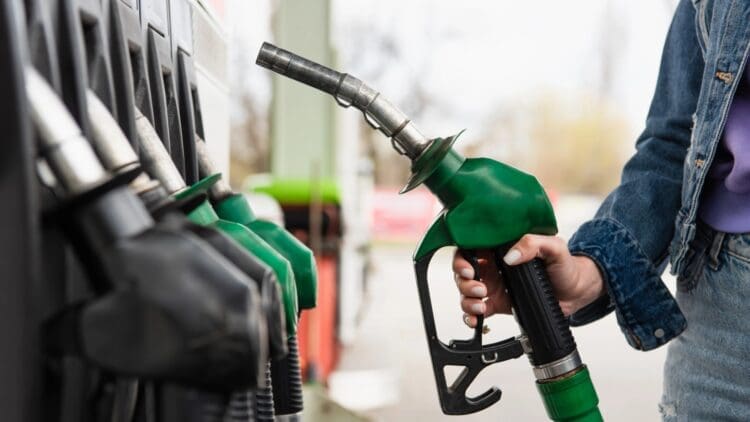In the ever-changing world of the international energy sector, stock prices and margin evaluations are essential to gauging how the industry is performing at any given moment. Europe has seen its gasoline sector being hit by a freight train of problems, mostly due to the loss of Russian energy resources, placing the market in a headwind of issues. Now, industry analysts have noted that European gasoline margins have risen to their highest levels in 18 months, marking a new era for the European energy sector.
Europe’s gasoline margins have hit new highs, surpassing the previous year’s performance
For the European energy sector, ensuring sufficient gasoline supply can prove to be challenging, especially as the winter months roll around, bringing with them the inevitable increase in demand. However, following the latest round of sanctions against Russia affecting global gasoline supply, Europe has seen its gasoline margins skyrocket to astonishing levels this year.
Market analysts have noted that benchmark non-oxy gasoline barge premiums to Ice Brent crude futures were $22.11/bl at the close of trading on Monday, 10 October. This new high surpasses seasonal peaks during the 2025 and 2024 summers and is the highest since 7 May 2024. This can be seen as a market trend emerging due to the increased demand for non-Russian gasoline.
Non-oxy barge margins have held their ground in the European energy market
Non-oxy barge refining margins, on the other hand, have remained relatively stable as margins have averaged $18.59/bl to date in October, which is the highest since the Covid pandemic. The uncertainty of Russian firm Lukoil’s subsidiary Litasco and its substantial European assets has supported European gasoline cracks.
Europe’s gasoline and fuel sector has been subjected to a tough year in 2025
With the sanctions on Russian energy coming into effect, the global energy market has been in a whirlwind, with prices fluctuating as a reaction to increased demand for non-Russian energy supply. Gasoline prices were already struggling due to European refinery maintenance and tighter prompt supply availability, according to several energy market traders.
Since late September-early October, gasoline barge loading delays have been reported by industry officials, drastically limiting the amount of gasoline making its way into storage in the European region. Severe cracks have been supported by refiners shifting to diesel production, attempting to capture strong distillate margins, according to another energy market trader.
The loss of Russian energy resources has negatively affected the global energy market
This comes as the global diesel pool has significantly shrunken due to the loss of Russian energy supply. With the EU planning a new joint purchasing platform for non-Russian gas supply, the European energy market is pivoting to a new era.
Market analysts have noted that Europe is rolling back the amount of gasoline made available for export. With the EU, UK, and Norway reporting cargo loads set for overseas destinations at the start of November sitting at the lowest daily rate on record for the period at 736,000 b/d, according to market analysts. In this month alone, Europe has imported 104,000 b/d of gasoline, the highest since August 2024.
Energy markets around the world are accelerating projects to offset losses in the market
The news of the gasoline margins in Europe comes as no surprise to some. The effect of the new sanctions on Russia can not be understated, as most people would have expected some form of market fluctuation, but nothing on this level. As other regions of the world accelerate projects to offset any potential losses, Europe will need to contemplate a recovery process to bring gasoline levels back down to an acceptable level. The global energy market is in need of diverse projects that could potentially redefine the market for the better over the coming years, as the loss of Russian energy becomes all too real.







